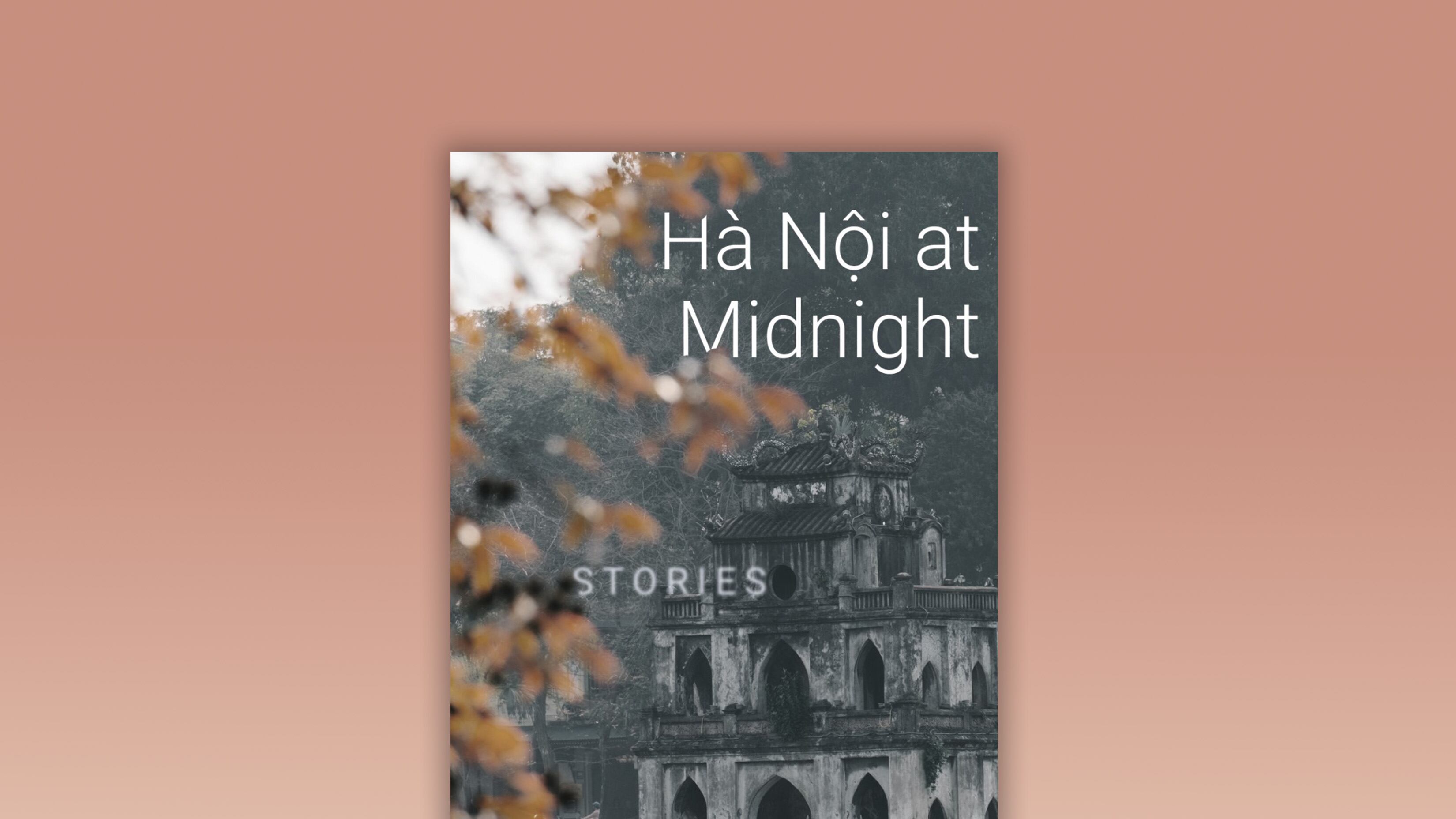Sitting in Pho Van 82, a Vietnamese restaurant where warm-toned lanterns hang from high, skylit ceilings, Portland writer and translator Cab Tran ponders whether his surroundings remind him of Vietnam. Looking around and nodding thoughtfully, he decides they do, but adds that Vietnam would be much more humid.
Over cơm and pho, Tran discusses Hà Nôi at Midnight (Texas Tech University Press, 216 pages, $29.95), the newly translated short story collection by one of Vietnam’s most renowned writers, Bảo Ninh. Until 2006, Ninh’s 1991 novel The Sorrow of War was banned in Vietnam for its critical portrayal of the North Vietnamese army, as told through the lens of a soldier tasked with finding the bodies of his comrades.
The groundbreaking book earned Ninh international acclaim and the admiration of readers whom Tran calls “Bảo Ninh fanboys.” And in his early 20s, Tran became one of them.
“Sorrow of War was way more psychologically complex than anything I’d read of Vietnamese literature in translation,” Tran tells WW. He describes other Vietnamese work in translation he’d read from that time as “flowery and romanticized” and full of propaganda that bolstered Communist ideals.
“Whereas with Bảo Ninh it was something different,” Tran says. The storytelling was personal and complex; it forced readers to look at the true effects of the war.
After a 30-year silence, Bảo Ninh granted permission for 12 of his stories to be translated, 10 of which are appearing in English for the first time. It was no easy task. “The process of translation requires a lot more than just knowing the equivalent of one word to another,” Tran says.
At the very start of the pandemic, Tran was contacted by Quan Manh Ha, a professor at the University of Montana who remembered Tran’s love and respect for Sorrow of War all those years ago. Ha had just obtained the rights to Ninh’s story collection and asked if Tran would like to be involved in the translation process.
“I said, well yes, let’s do it!” Tran says with a “how could I not?” expression.
Tran explains that there are typically two translators involved: “One person who translates from the original language into a very raw version of English, then a second person who is more proficient in the English language to shape it into something that a native English speaker would read.” After translating the original text, Ha, whose first language was Vietnamese, sent the manuscript over to Tran.
“The language is very idiomatic; there are a lot of sayings for things. People talk almost in proverbs,” Tran says. He adjusted some of the more proverbial phrases into language that would flow for English readers.
“We had to make some decisions on when to keep the proverbs and when to find an equivalent [English] phrasing,” he adds, further explaining that the language would have otherwise felt “too cryptic.” Ha and Tran decided to keep Bảo Ninh’s fragmentary style and the way he shifts between first person and third person narration in the text, which they describe as “the hallmark of his prose.”
Pulitzer Prize-winning author Viet Thanh Nguyen (The Sympathizer) refers to Bảo Ninh as one of Vietnam’s most important postwar writers, saying that with this collection Ninh looks to “the more private language of suffering, reflection, and bittersweet experience” that “illuminate the interior landscape of a postwar country.”
The 12 stories in Hà Nôi are deeply personal, exploring ways in which war can shift relationships, to each other and to ourselves. “The Secret of the River” tells the heartbreaking story of how floodwaters dismantled a family; “Beloved Son” is about a mother writing to a son who will not return home; in “An Unnamed Star,” a railroad signalman with dementia waits for a train that won’t come.
Each story, shifting through time and tense, brings readers into a new and unforgettable lived experience. Perhaps by introducing this new collection, Tran and Ha can help usher in a new generation of Bảo Ninh fanboys.
